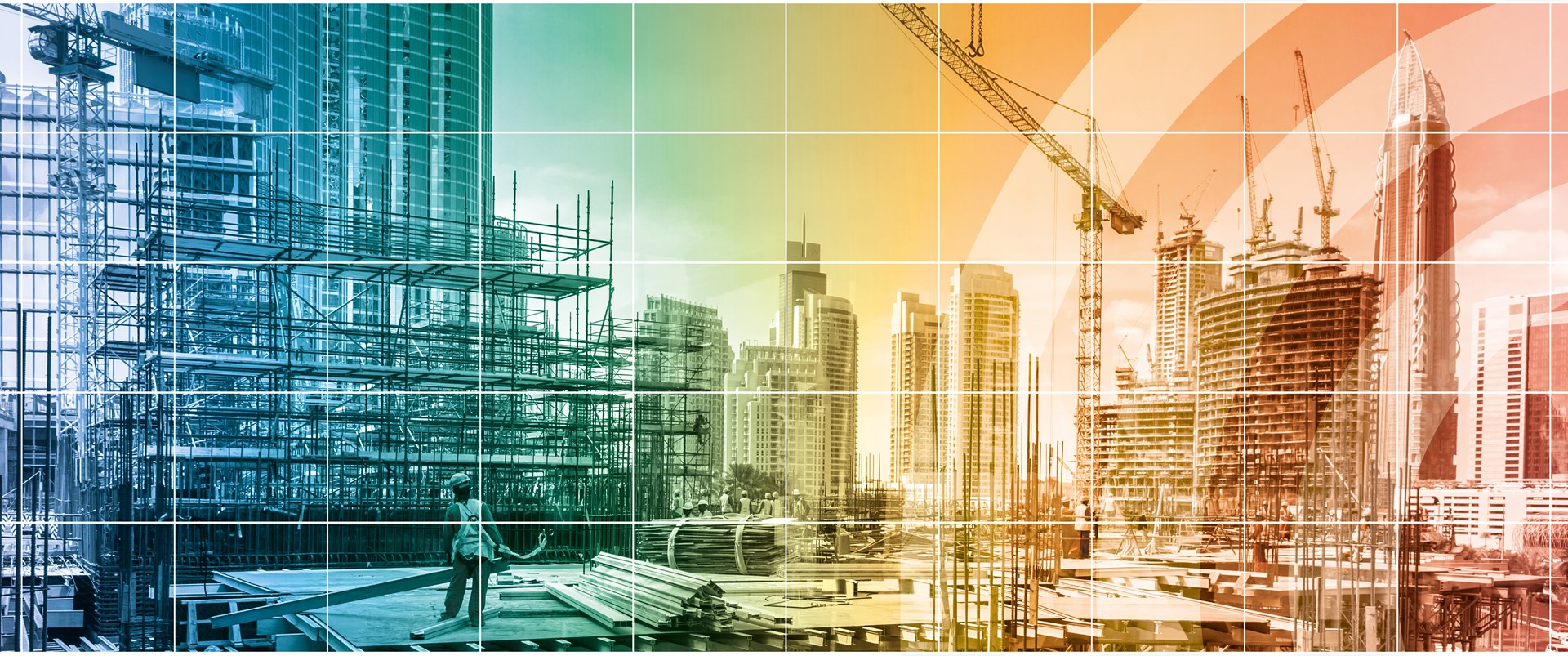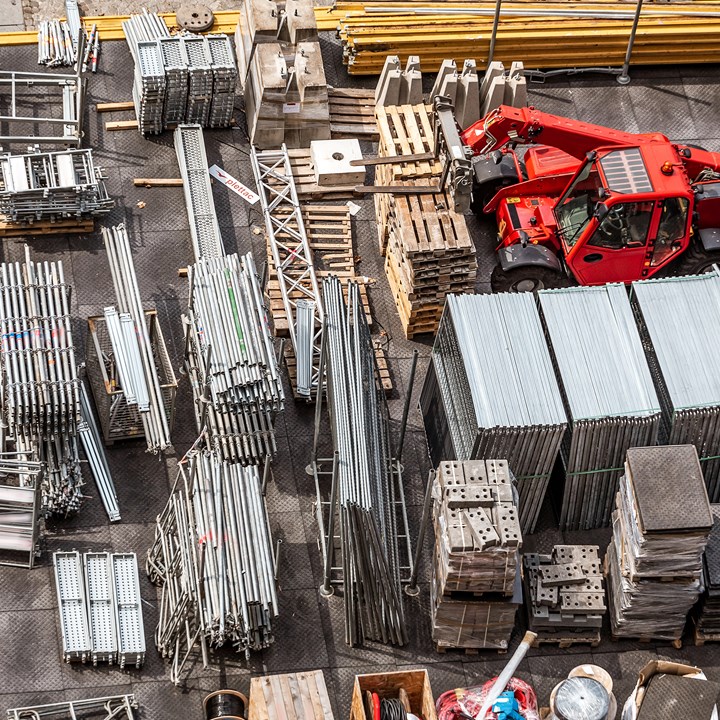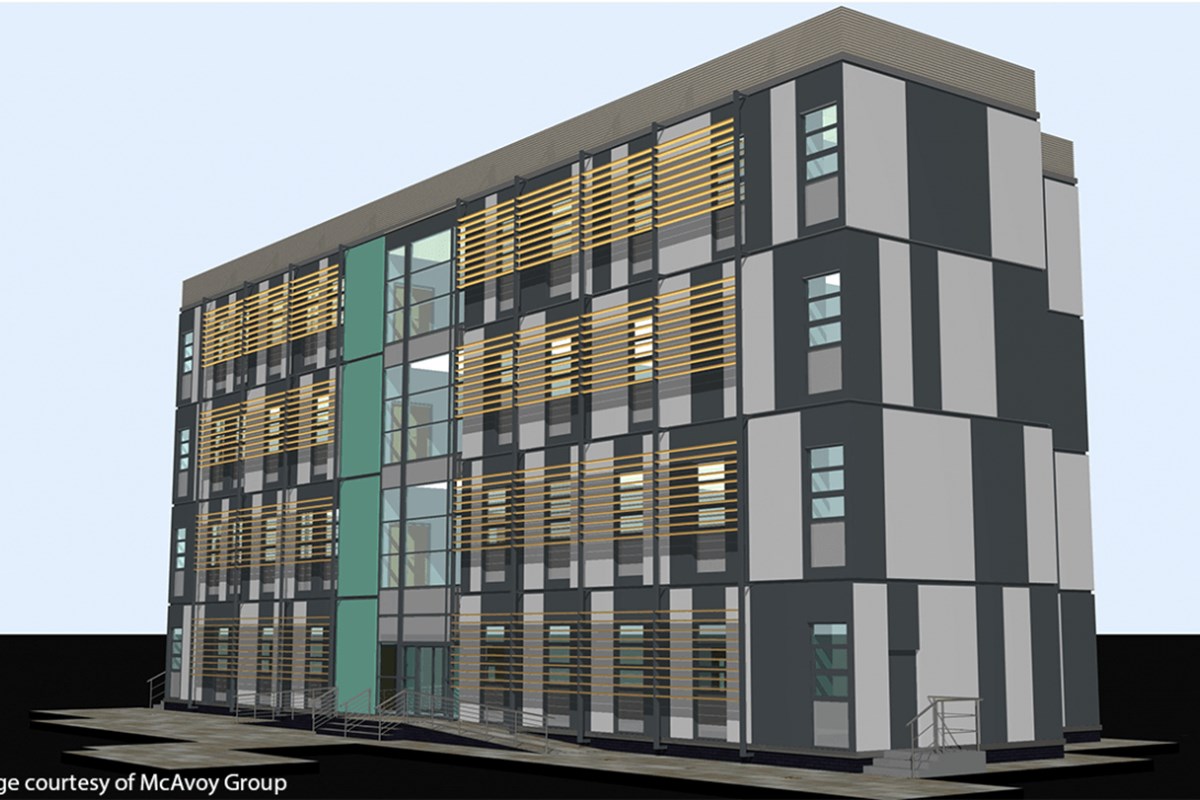Longer life and low maintenance infrastructure
Composites can be tailored to their specific application. For those where very long life is needed, we can use matrices and fibres that will stand the test of time in even the harshest of environments – from arctic to equator and desert to the bottom of the ocean.












